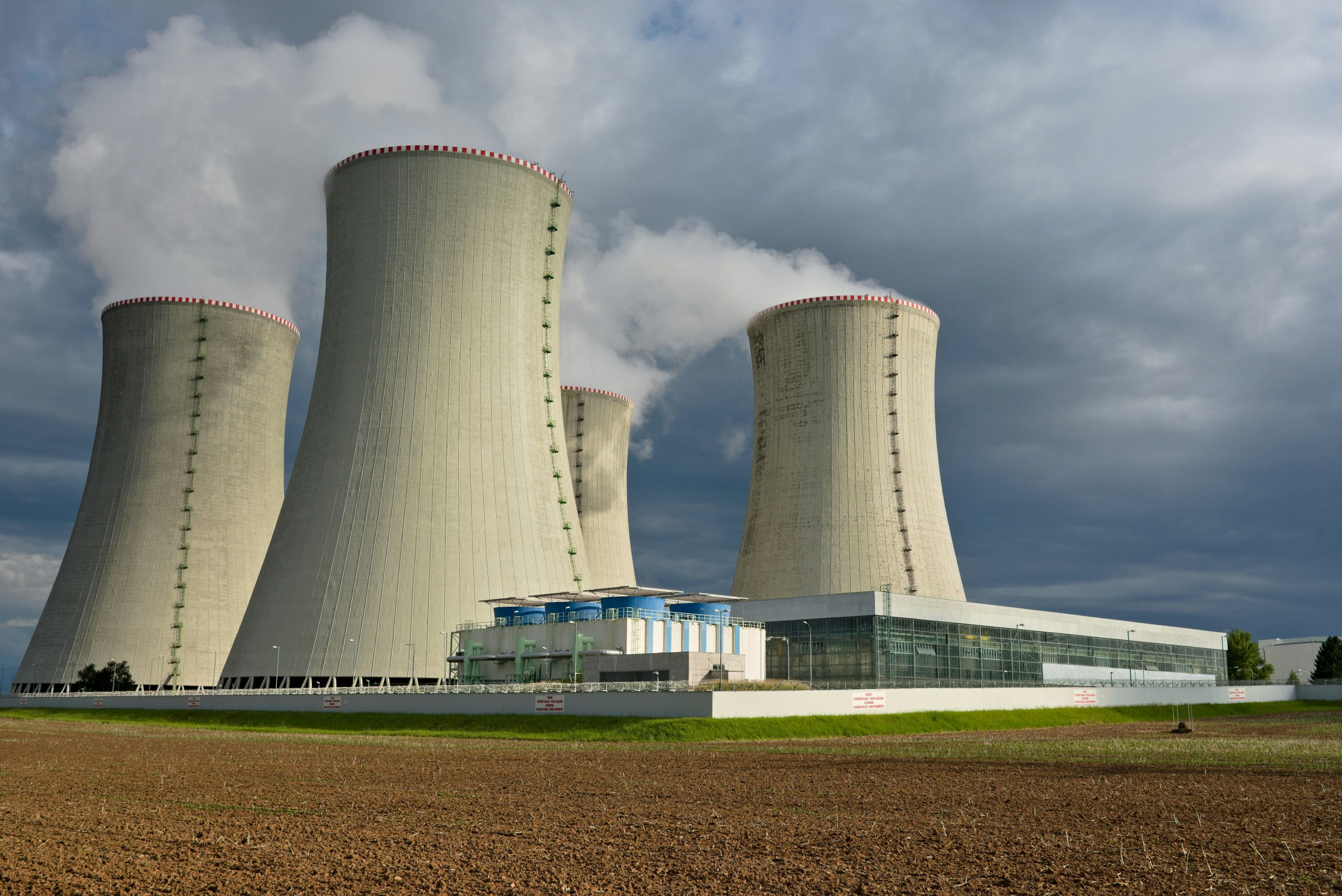What, you may ask, is the relationship between crocodiles, cattle and nuclear energy?
The answer lies in people – and human activity.
Crocodiles, and by association alligators, are often regarded as aggressive wild animals, yet they are increasingly under threat from commercial hunting for their skin and from habitat loss driven by climate change and human expansion. Cattle, along with bison, deer and other ruminants, face growing criticism from both the medical profession, which is urging reduced red-meat consumption, and climate scientists, who highlight the methane emissions produced by these animals. Methane contributes around 30 times more to global warming than carbon dioxide.
Humanity’s ongoing demand for controllable, reliable power further compounds the problem. Onshore wind turbines, with their relatively low power density per square metre, and extensive solar farms that limit land use, both have a role to play but are not the sole solution. Nuclear fusion, long considered the ultimate answer to energy needs, remains prohibitively expensive and unlikely to become commercially viable before the end of the century.
Nuclear fission, while not without political, financial and scientific challenges, offers a proven and measurable contribution to global energy security. One of the advantages of the existing fleet of fission reactors is their longevity; operating at relatively low temperatures, they experience only mild radiation embrittlement and can remain in service for close to a century, providing stable, long-term energy supply.
Across the lifecycle of a licensed nuclear site, its greenhouse gas contribution is comparatively small, with most emissions occurring during construction and decommissioning. While there are impacts from fuel manufacturing and waste management, these are minimal when compared with the rare-earth mining and complex processes required for alternative power systems.
Nuclear energy will not solve all global emissions challenges, but if it can expand to provide 50–60% of global power demand, we may protect more natural habitats and maintain sustainable food systems, preserving both biodiversity and human wellbeing in the process.
With its Energy and Nuclear network of international contacts, Prospect Law can help and support your endeavours as you explore opportunities in this vital sector.
The personal ramblings and observations of John Ireland, Senior Consultant
About the Author
John Ireland is an internationally experienced energy specialist and senior business executive skilled in the development, negotiation, and management of businesses and technically complex contracts within both the Government and private sectors. John has grown complex businesses in Asia and the Middle East, and assisted international organisations to develop business in and from the UK through joint ventures and partnerships.

